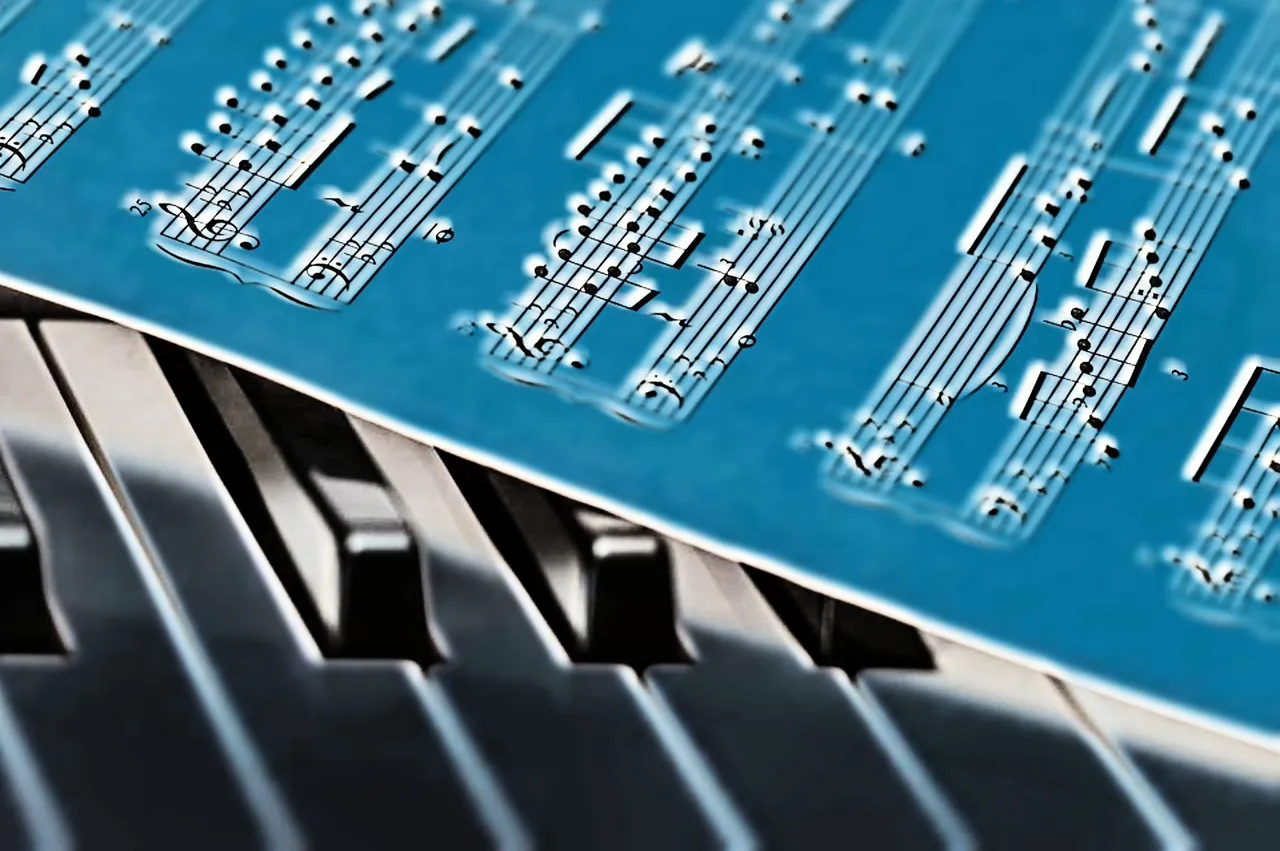Since Non-Fungible Tokens (NFTs) have hit the mainstream, creators of all types have been looking for new and exciting ways to use this technology. One of the most promising applications of NFTs being explored is the implementation of music.
Music is typically comprised of several separable parts, the sound recording (or phonorecord), the composition, and the lyrics, each of which are independently copyrightable under U.S. Copyright Act § 101. These copyrightable parts of music may be the best candidates for inclusion in an NFT because they are the most valuable commercially and artistically, but the way these copyrightable components may be included in an NFT can be very flexible. The Music NFT can be associated with the copyrightable parts, giving the owner of the NFT the typical exclusive rights granted under Copyright Act § 106. NFTs also provide the option of granting further rights that are not usually granted or available.
For an NFT containing music rights to be legally valid, it must comply with copyright law. This could cause problems for the transference of copyright in a Music NFT. With no national legislation on blockchain in the U.S., it is unlikely that the Copyright Office will accept blockchain records as an “original signature” to register the transfer of copyright under their current instructions. Although the inability to register a transfer does not prevent the new owner from using or commercially exploiting the copyrights in a Music NFT, it does mean that the owner cannot obtain benefits of registration, which may be useful in preventing infringement of their copyright.
Composition copyrights can be included in Music NFTs, but composition licenses cannot be included for most uses under the compulsory schema in Copyright Act § 115. The compulsory licenses are limited to creating sound recordings of the composition, so other composition licenses can be issued in Music NFTs. Another problem is that it is unclear whether Performing Rights Organizations (PROs) will accept blockchain records as signed contracts to record the transfer under their current instructions. Like registration with the Copyright Office, this is not necessary for the ownership and use of the copyright, however PROs are the primary avenue for royalty payments from compulsory licenses. If the new owner of a Music NFT that holds a composition copyright is unable to register the transfer, they may be unable to obtain any royalties from their copyright.
The global nature of NFTs creates more issues. Music NFTs will need to comply with both foreign copyright laws and the varying jurisdictional regulations of NFTs. Foreign copyright laws are largely unified under international treaties like the Berne Convention, but some international treaties, such as the Rome Convention, provide more rights and protections to performers, which may have implications on the use of sound recordings in Music NFTs. Composition rights again have their issues: registering the transfer rights with foreign PROs may be difficult under their varying requirements, which will be required to receive any foreign royalties from most foreign commercial uses. Finally, the regulation of NFTs and smart contracts may result in different treatment of the validity of Music NFTs and the transfer of rights between jurisdictions. In the U.S. alone, state-level regulation may complicate the creation and transfer of the rights in a Music NFT. To successfully navigate these issues, retaining counsel with specialized legal knowledge and skills is highly recommended.
Despite these potential legal concerns, Music NFTs have many possible benefits. This new form of ownership allows for unprecedented flexibility of copyright ownership and licensing issuance. A copyright owner can issue transferrable licenses in a Music NFT to track their sale and use. A set of Music NFTs can together represent the ownership of a single copyright, allowing the sale and transfer of these ownership shares in an unprecedented way. For example, every party involved in creating a sound recording (producer, artist, recording engineer, etc.) could maintain part ownership of the recording and retain the right to sell their individual portion. This type of split is common in the industry, but with Music NFTs the other parties are now able to track the transfer of the other shares. Building upon this, the open nature of blockchain records could make it easier for copyright owners to identify infringing use of their property. For example, a music license NFT could make it easier for the copyright owner to track the ownership and use of the license. The multiple part-owners of a copyright will be able to easily identify infringing parties by verifying their ownership on the blockchain. Music NFTs also allow for the addition of new rights beyond those existing copyrights, such as moral rights, identification rights for the initial creator, or ownership reclamation rights. With Music NFTs, the new avenues of commercial exploitation are opening.
Disclaimer
The material contained in this post is provided for informational purposes only and does not constitute legal advice nor in any way may it constitute an attorney-client relationship. The views expressed are those of the author and are not to be attributed to Rosario Tech Law, LLC or any of its clients. Always seek legal counsel prior to taking any actions based upon any information contained herein.


